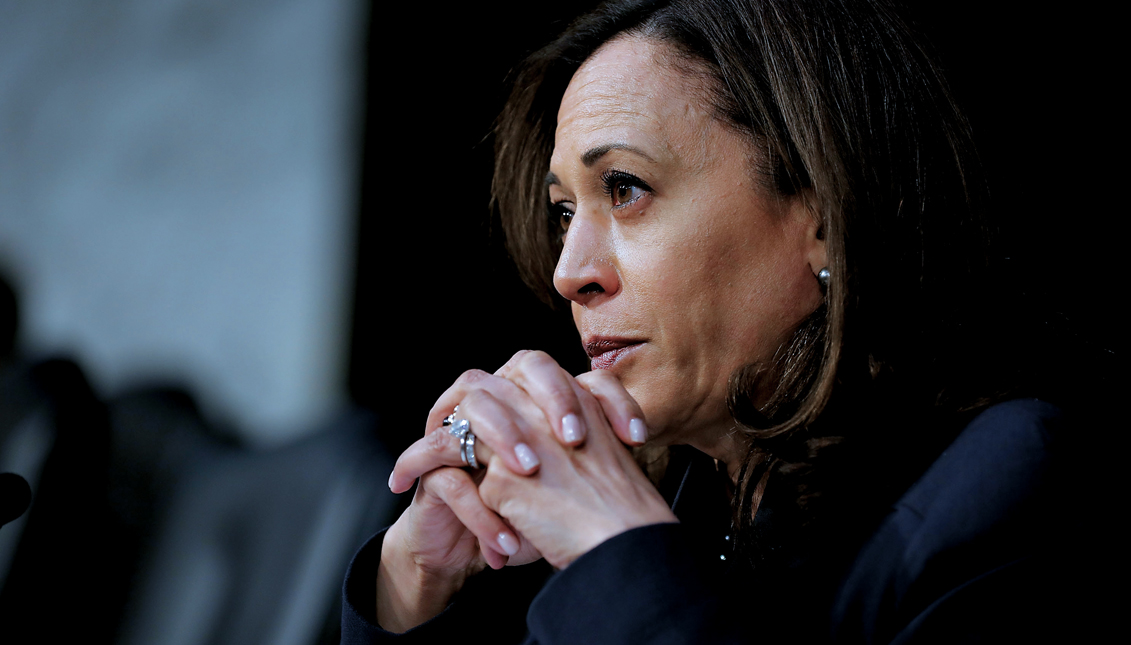
Kamala Harris: A Key Piece in the Game In The Democratic Game
Kamala Harris brings balance to a Biden campaign where immigrants and communities of color feel unrepresented.
Once the Democratic primaries were closed, and Joe Biden emerged as the party's irredeemable candidate, all eyes were on his alleged female running mate.
And we say "female running mate" because that was the promise of the former vice president once Senator Bernie Sanders withdrew from the race.
Biden and his team’s decision was the most astute: The women's and colored vote in the country had demonstrated its impact in the midterm elections and later in the first primary caucuses. To fall back into the error of ignoring the electoral behavior of the voters would be a huge mistake.
That's when Team Biden set out to make a list of the most influential women in politics today, those most popular in their own communities, and those who could eventually balance what would possibly become the most controversial and important presidential ballot in the country's recent history.
But once the country rose up in protest after George Floyd's death and against systemic racism, the need for a woman candidate of color was now inevitable.
After months of consideration, interviews, and campaign assessments, the former vice president's decision could either advance or bury his race for the presidency. Everything depended on a single name.
It was on August 11 that the screens on every cell phone in the United States were illuminated with the same message: Joe Biden had chosen California Senator and former primary contender, Kamala Harris, as his running mate.
"I've decided that Kamala Harris is the best person to help me take this fight to Trump and Mike Pence and then to lead this nation starting in January 2021," the Democratic nominee wrote in an email to his team.
Once the nomination became formal at the Democratic National Convention, Harris became the first woman of color to be nominated for national office by a major political party.
More importantly, at age 55, Harris is the first black woman of Indian and Jamaican descent to be nominated for office, and only the fourth woman in U.S. history to be elected to a presidential ticket.
The first thing that made headlines after Biden's announcement was Kamala Harris’ multicultural background.
Born in 1964 in Oakland, California, Harris is the daughter of an immigrant biologist from India, Shyamala Gopalan, whose work on the progesterone receptor gene helped advance breast cancer research, and an economist who emigrated from British Jamaica in 1961, Donald J. Harris, who is professor emeritus of economics at Stanford University.
Growing up in Berkeley, California, Harris experienced firsthand the reality of the consequences of the civil rights struggle, endogenous racism, and a segregationist system that refused to give up.
During her presidential campaign, Harris often reminded the electorate of her experience with Berkeley's comprehensive desegregation program, in a neighborhood 95% white, and in an education system that barely opened its doors to children of color.
In fact, that was her first close encounter in the debates against the man who is now her running mate.
“Growing up, my sister and I had to deal with the neighbor who told us her parents couldn’t play with us because she — because we were black,” Harris said during the first debate of the Democratic primary.
“I’m going to now direct this at Vice President Biden, I do not believe you are a racist, and I agree with you when you commit yourself to the importance of finding common ground.
“But I also believe, and it’s personal — and I was actually very — it was hurtful to hear you talk about the reputations of two United States senators who built their reputations and career on the segregation of race in this country. And it was not only that, but you also worked with them to oppose busing.
“And, you know, there was a little girl in California who was part of the second class to integrate her public schools, and she was bused to school every day. And that little girl was me,” she sentenced.
Harris grew up with her younger sister, Maya Harris, in a household that attended a Black Baptist church in the same way they attended a Hindu temple. And she keeps in touch with her family in India and Jamaica, still today.
After surviving the pitfalls of a country in transition to inclusion, Harris decided to enroll at Howard University, historically black college in Washington, D.C., where she had her first experience with politics, after interning as a mailroom clerk for California Senator Alan Cranston.
Upon graduation, she decided to study law at the University of California’s Hastings College of Law, where she chaired the Black Law Students Association chapter. Harris earned her Juris Doctorate in 1989 and was admitted to the California Bar in June 1990.
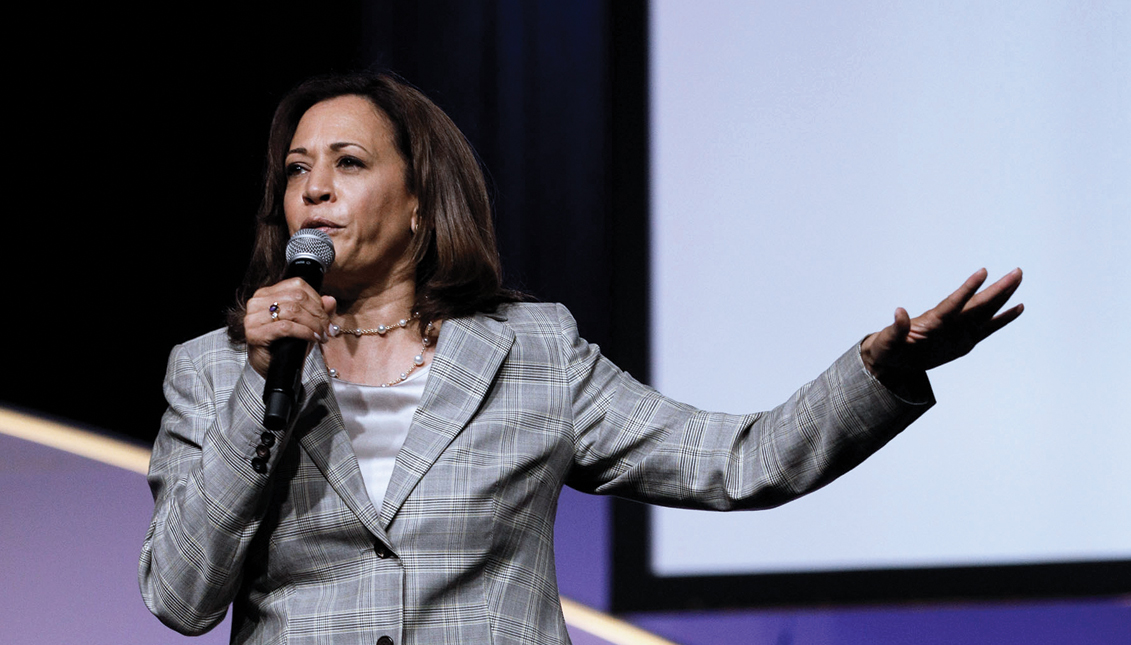
Being a lawyer in the U.S. public service in the 1990s was an obstacle course in itself. However, Harris excelled as an assistant district attorney in Alameda County, California, as an assistant to San Francisco district attorney, Terence Hallinan, and as director of the Division of Family and Children's Services at San Francisco City Hall.
Despite criticism of her later role as District Attorney and California Attorney General, Harris made a name for herself for both her progressive perspectives and her tough stance on crime.
Once in the U.S. Senate, she has been a spokesperson for abortion rights, against discrimination in college admissions, against the death penalty, and, although she initially disagreed, she has supported the legalization of marijuana as a means to transform the criminal justice system.
In gun control, education, and access to health care, Harris is easily one of the most progressive politicians on the national scene.
In short, yes. Kamala Harris has supported sanctuary status in San Francisco, defended the Deferred Action Program from attacks by the Trump Administration, and even advocated a path to citizenship for undocumented youths who came to the country as children.
In an interview with Hiram Soto in January 2018, Harris spoke clearly of her positions on comprehensive immigration reform:
“We need to take care of the Dreamers, period. There should be no strings attached,” she said. “If we want to focus on comprehensive immigration reform, which we must do, then we can have broader discussions about all of the other factors for consideration. I believe we need to pass a clean Dream Act.”
Harris opposed funding for the border wall, and during her presidential campaign, she was clear about her stance against family separation and cruel immigration detention centers.
"As a career prosecutor, I actually went after gangs and transnational criminal organizations. That's being a leader on public safety. What is not, is ripping babies from their mothers," she said.
From the Immigration and Customs Enforcement measures to the politicization of the Border Patrol to the control of the coronavirus pandemic in detention centers, Harris has drafted or sponsored dozens of legislative proposals to counteract the actions of the Donald Trump administration.
In fact, her record is so good on immigration issues that the Biden campaign believes that adding Harris to the presidential ballot is the right strategy to boost support among Latino voters.
Less than a week after Harris' announcement as a running mate, the Biden campaign deployed a massive national effort aimed at the Latino voting community.
RELATED CONTENT
From bilingual ads in key states to digital events with important people in the community, Harris' arrival has coincided with an almost desperate campaign effort to win over 32 million Latinos eligible to vote, according to Pew Research Center figures.
Although most Latinos in the country vote Democratic, a Latino Decisions poll conducted in June found that 59% of voters in battleground states were "excited" about Harris being on the ballot, and 52% said they would be more likely to vote for Biden.
As The Hill recalled in an article published during the Democratic National Convention, Latinos traditionally cite health care and the economy as major concerns, and these are issues that resonate with Harris. The senator was a strong advocate for the Affordable Care Act, which has allowed millions of Latinos to get health insurance. She was one of the first legislators to warn that COVID-19 was disproportionately impacting communities of color, and has introduced legislation that would provide economic relief to Americans during the pandemic.
But the key issue on which Harris could help Biden is the issue of deportation.
Biden carries with him the stigma of the Obama administration and its mass deportation machine, so it is not surprising that immigrant and Latino advocacy groups such as America’s Voice, Voto Latino, and the League of United Latin American Citizens (LULAC) have celebrated Harris’ nomination.

Knowing what is at stake in the November elections, Latino leadership in the United States has welcomed Harris' nomination for vice president with open arms.
From the Congressional Hispanic Caucus to the most prominent Latino voices in the nation have expressed their support, both in formal statements and through social media.
Former Democratic candidate Julian Castro tweeted his support immediately, describing Harris as a “talented dynamic, and groundbreaking leader who will make a fantastic VP.”
His brother, CHC President Representative Joaquin Castro, also expressed his support, calling Harris "the daughter of immigrants.”
"A fighter. A history-maker who will be our first Black and first Asian-American vice president, and who will help Joe Biden beat Trump like a drum," he wrote on Twitter
Joaquin and Harris have worked together in the past. In February Castro presented a resolution along with Harris condemning Stephen Miller's presence in the White House and calling for his immediate resignation.
Latino revolutionary and scholar Dolores Huerta also applauded Biden's decision.
Huerta had previously supported the president of the Congressional Black Caucus, Congresswoman Karen Bass (D-CA) for the election of the vice president, but the activist said she was not disappointed.
“I applaud former Vice President Joe Biden for his historic and wonderful decision in choosing Senator Kamala Harris to be the vice-presidential nominee for the Democratic ticket! I urge all voters to work their hearts out to elect the Biden-Harris ticket! Sí se puede!” Huerta wrote.
California Attorney General Xavier Becerra, who succeeded Kamala Harris in California to become the first Latino to serve as state attorney general, also made the news.
“Senator Kamala Harris has proven that she knows how to get things done,” Becerra said in an interview with MSNBC. “She’s confident, she’s a strong leader. She is ready to lead on day one.”
But the issue is still the youngest demographic of Hispanic voters.
Biden has performed marginally well over Trump in general, but his selection of Harris will undoubtedly change the future of national politics.







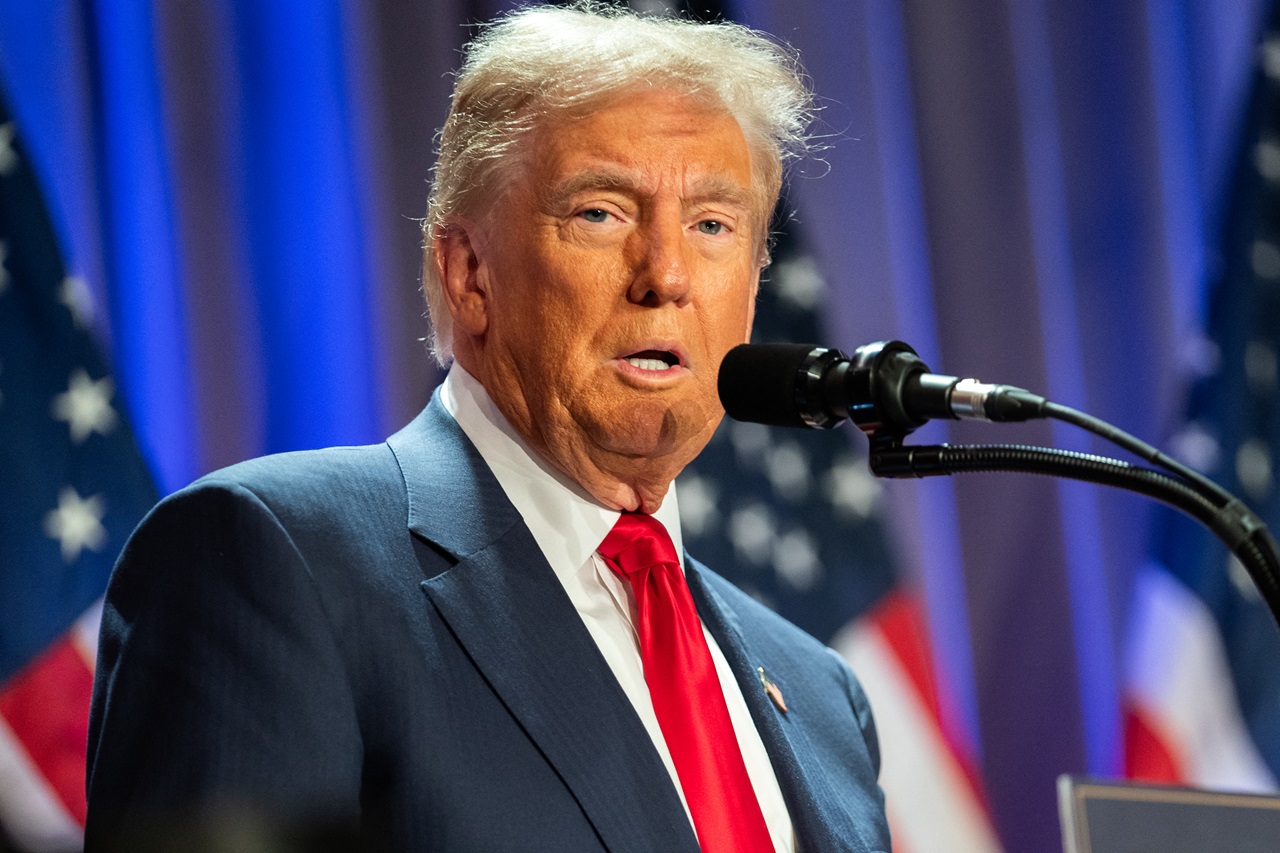
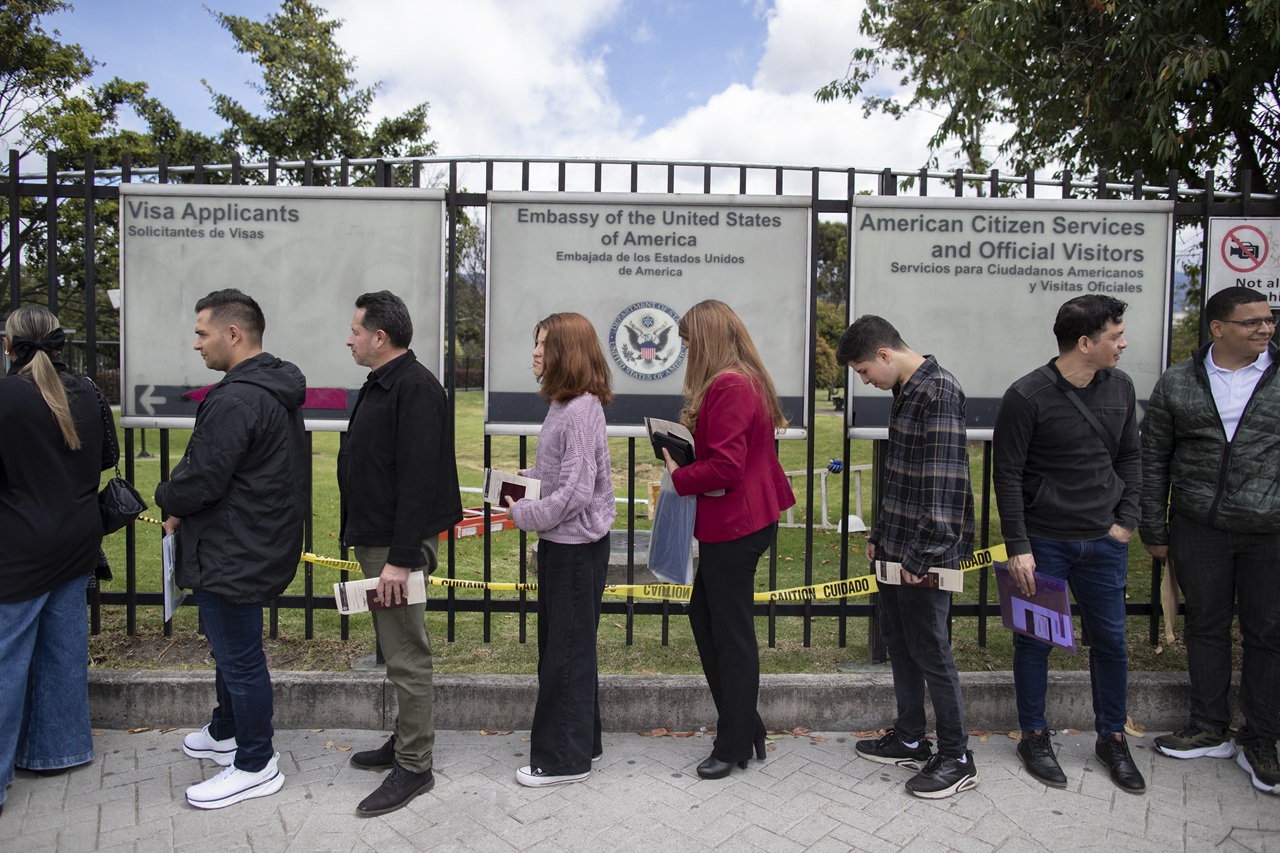
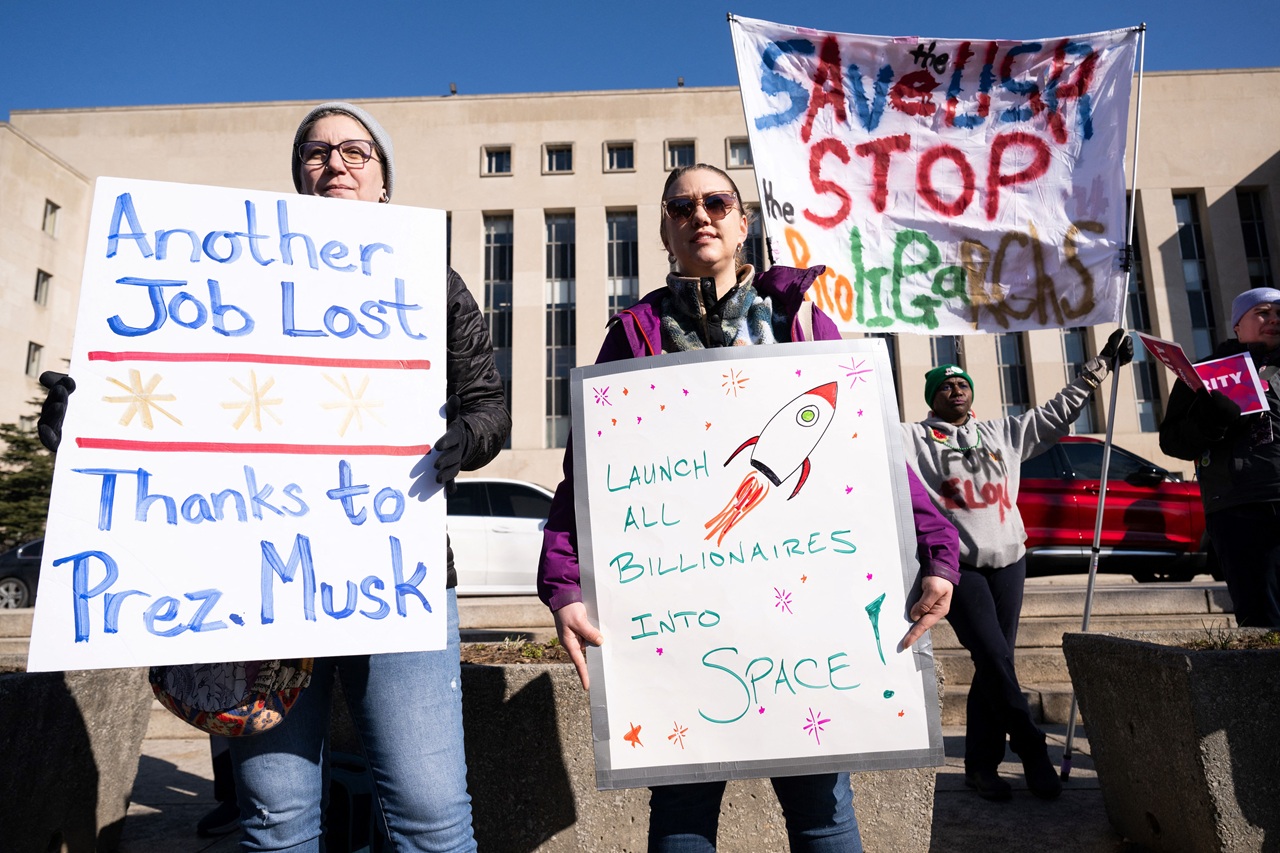

LEAVE A COMMENT: